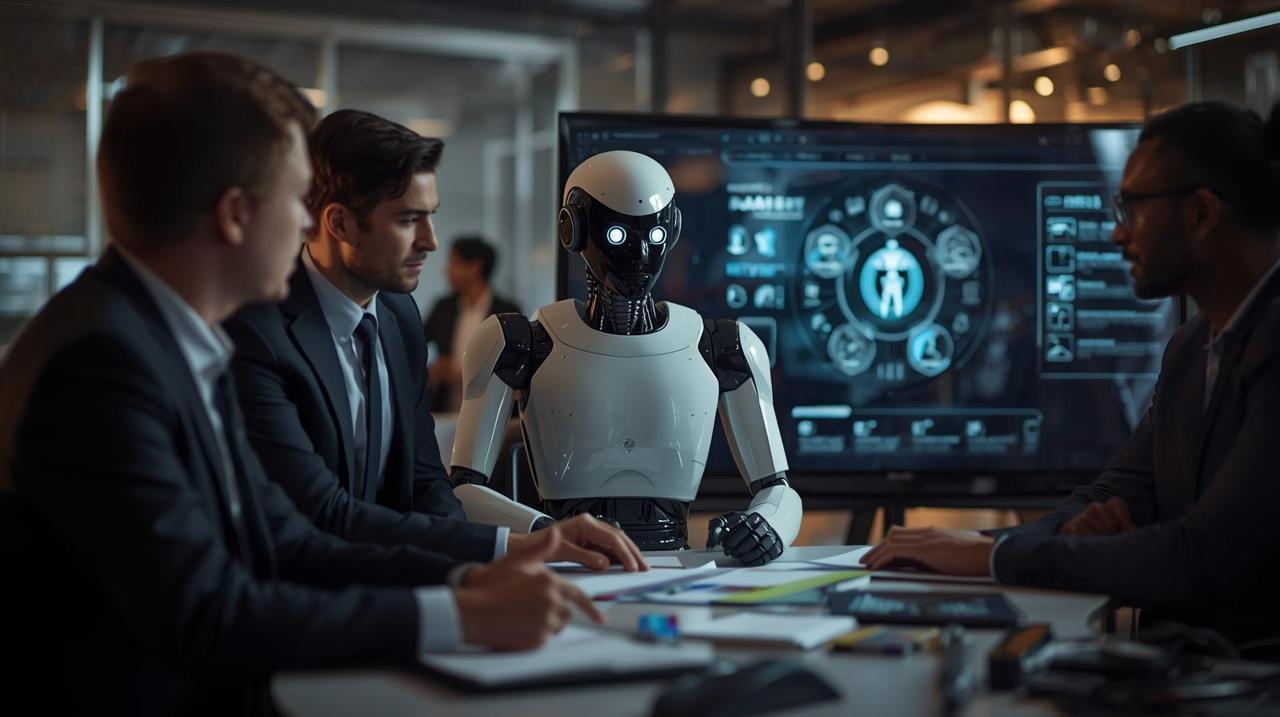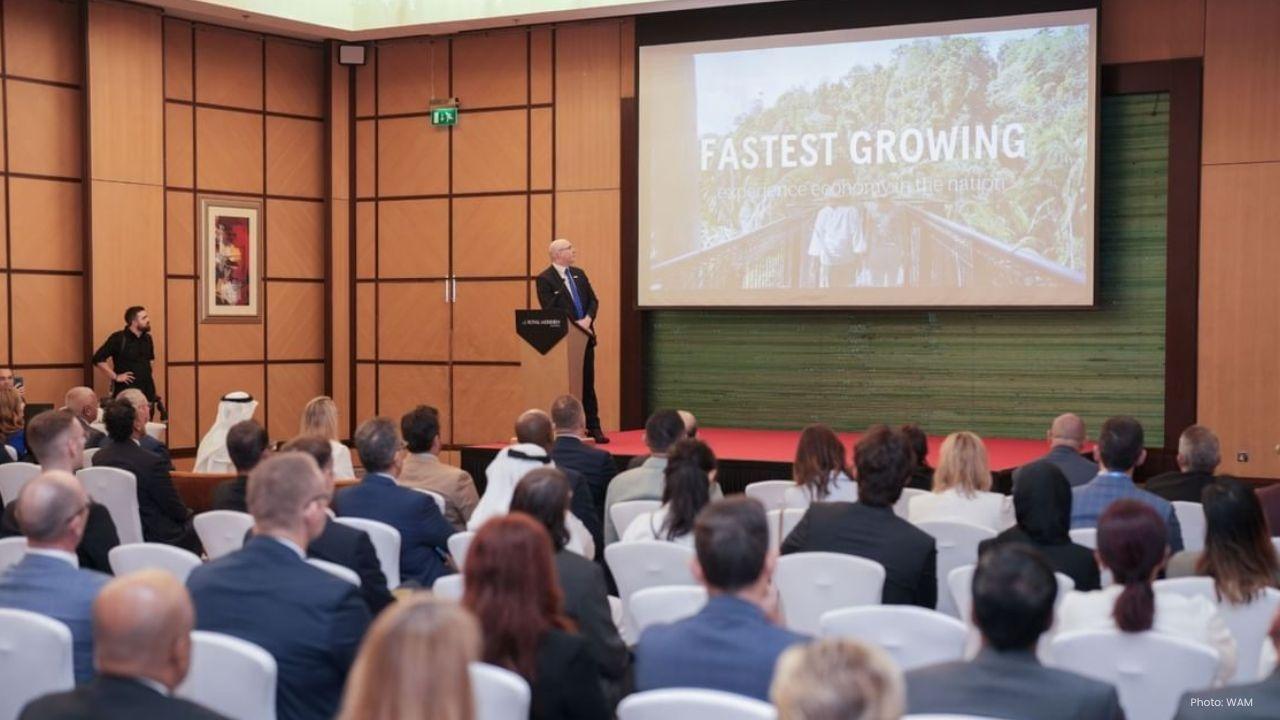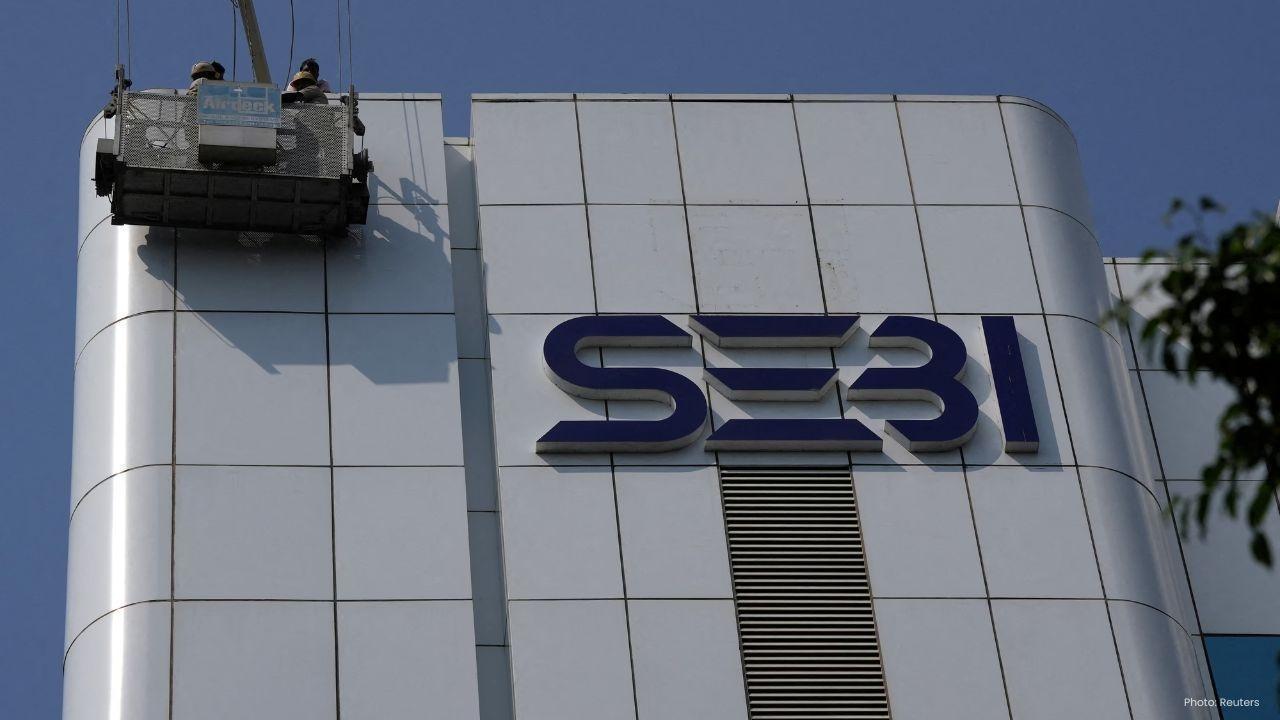
Post by : Sami Al-Rahmani
Artificial Intelligence (AI) is rapidly changing various sectors, influencing the way we work and live. The burning question remains: will AI take over human jobs or open doors to new career paths?
The situation is complex. While AI will undoubtedly automate many routine tasks, it also paves the way for new job categories. Experts predict that the next decade will emphasize collaboration between humans and machines, rather than competition.
Technologies like machine learning, robotics, and natural language processing are already integrated across multiple industries. For example:
In manufacturing, robots are performing precise assembly tasks.
In finance, AI analyzes extensive datasets more swiftly than human analysts.
In retail, chatbots respond to customer inquiries at all hours.
While these innovations enhance efficiency, they also diminish the need for some repetitive roles.
A recent World Economic Forum report indicates that while 83 million jobs may be lost to automation, 69 million new positions will emerge globally. This signifies that rather than a decline, the job landscape is transforming.
AI isn’t merely replacing jobs; it's reshaping work dynamics. New roles emerging include:
AI Trainers: Individuals instructing AI on data recognition.
Data Ethicists: Professionals ensuring AI decisions are unbiased and fair.
Prompt Engineers: Creators of prompts for generative AI platforms like ChatGPT.
Automation Specialists: Experts optimizing operations through AI tools.
These roles illuminate how AI generates new prospects for those ready to learn and adapt.
Specific industries are advancing AI adoption quicker than others:
1. Healthcare
AI assists physicians in early disease detection and personalized treatment. Rather than replacing professionals, it serves as a diagnostic aid, enhancing patient care.
2. Education
AI is personalizing educational experiences and aiding teachers in classroom management, shifting their roles from mere instruction to mentorship and support.
3. Finance
Automation is enhancing auditing and investment management processes. Financial analysts increasingly depend on AI insights to enhance decision-making.
4. Manufacturing & Logistics
Robotics and predictive analytics boost safety and productivity, while simultaneously generating jobs in robot maintenance and data oversight.
5. Marketing & Creative Fields
AI can generate content and design advertisements; however, it still relies on human imagination for storytelling and emotional nuances.
Economists and technology analysts offer insights that suggest:
AI will not lead to widespread unemployment, but will alter job roles.
There will be a significant demand for digital skills such as coding and AI integration.
Traits like emotional intelligence and creativity will become paramount in the AI landscape.
Reskilling and continuous learning will be critical to maintaining employability. Those who adapt to AI advancements will find themselves in future-ready positions.
To thrive in the shifting job market, professionals should:
Acquire digital and AI skills: Familiarize yourself with tools like ChatGPT and Python.
Enhance creativity and problem-solving skills: These areas are where humans excel compared to machines.
Commit to lifelong learning: Regularly refresh skills via online courses and workshops.
Be adaptable: Embrace new roles as technology expands.
Organizations must also facilitate reskilling initiatives and encourage collaborative innovation using AI tools.
Fears surrounding job loss are understandable; however, history suggests that technological advancements usually generate more employment than they eliminate. The Industrial Revolution, internet evolution, and now AI have all transformed, not eradicated, work.
AI represents the next evolution, taking over routine tasks while allowing humans to concentrate on strategic thinking, creativity, and empathy—qualities beyond machine capabilities.
Does AI signify the end of jobs, or does it herald new beginnings? The reality is nuanced. AI will reshape existing roles and forge entirely new pathways. The essential approach is to evolve, learn, and adapt alongside technological progress.
The future is held by those who master the synergy between human insight and artificial intelligence, working as partners towards a more intelligent and efficient environment.










Rodgers Declares Intent to Retire with Green Bay Packers
Aaron Rodgers confirms he will retire as a Green Bay Packer, reflecting on a storied 18-year career

Hamilton Mourns His Beloved Bulldog Roscoe With Fan Support
Lewis Hamilton reflects on the loss of his bulldog Roscoe, finding solace in heartfelt fan tributes

Norris Laughs Off Red Bull's Tape Controversy at the US Grand Prix
Lando Norris finds humor in Red Bull's tape incident during the US GP, viewing it as an amusing dist

Alex Vesia Absent from World Series Due to Family Matter
Dodgers pitcher Alex Vesia steps away from the World Series for a family situation, with hopes for a

Bo Bichette's Possible Participation in World Series Remains Uncertain
The Blue Jays monitor Bo Bichette’s condition closely as they strategize for the World Series, weigh

Sharks Triumph Over Rangers 6-5 in Overtime as Celebrini Shines with Hat Trick
Macklin Celebrini's hat trick propels Sharks past Rangers 6-5, marking their first win of the season